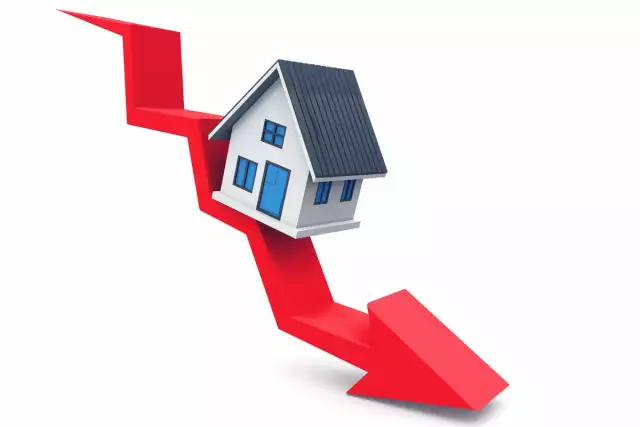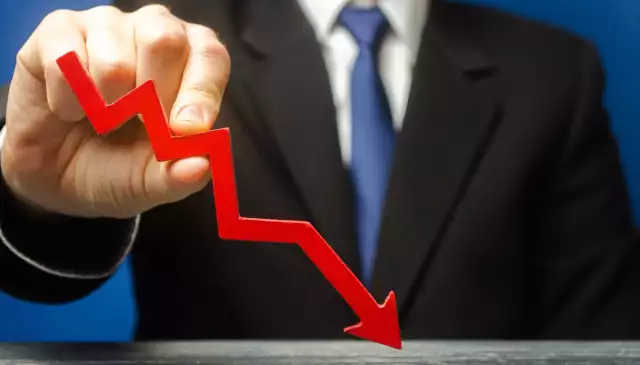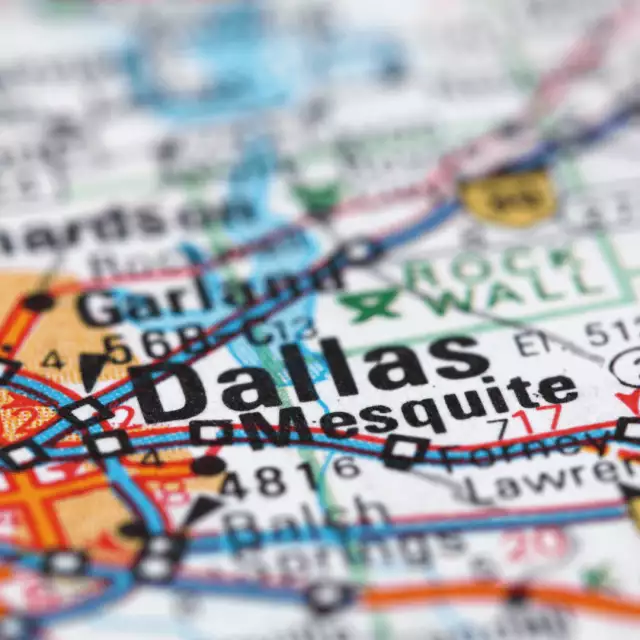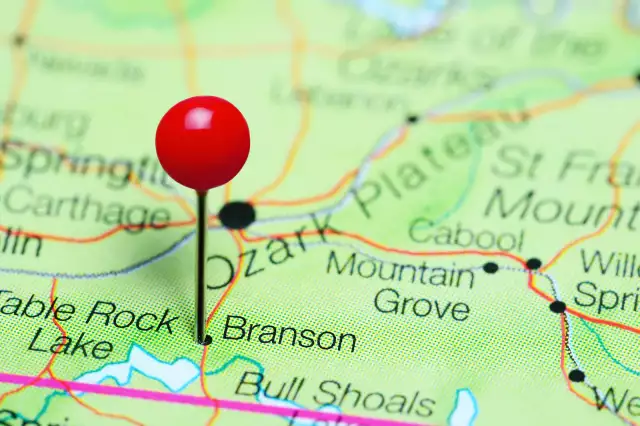The Decline In Housing Investment Risks A Recession
The Decline In Housing Investment Risks A Recession
Falling housing investment due to the Fed's interest rate hikes is dragging the economy down and ... [+] could help cause a recession.
gettyFalling housing investment due to the Fed's interest rate hikes is dragging the economy down and ... [+] could help cause a recession.
The estimated second-quarter Gross Domestic Product (GDP) data released on Thursday shows the U.S. economy teetering on the edge of recession, with an overall inflation-adjusted GDP decline of 0.2%. If we do get a full-blown recession, it will be tied to the sharp declines in housing and residential investment, which fell by 14% in the quarter.
The Fed’s rapid series of interest rate increases has been its most aggressive in nearly three decades and they are hitting housing especially hard, pushing up mortgage rates and disqualifying many potential buyers. Rates on 30-year mortgages have risen from 3.22% in early January to 5.3% in late July, adding hundreds of dollars to homebuyers’ monthly payments.
Builders see the decline in qualified buyers and in turn stop building. Rising interest rates also hurt builders directly, as they increase the costs of borrowing money for construction.
The National Association of Home Builders reports that confidence among builders of single-family homes fell to its lowest levels in two years, seeing the “largest single-month drop” ever in their confidence index except for the start of the COVID-19 pandemic. That lack of builder confidence shows up in falling permits for new single-family housing, which fell by 8% in June to the lowest level in two years.
The result? Residential fixed investment (RFI) fell in the second quarter by 14%, a very sharp decline and around a quarter of the total decline in gross private fixed domestic investment. (Investment in multifamily and manufactured housing, part of RFI, also fell.)
This may seem like bad news to many of us, but it is what the Federal Reserve wants—inducing a sharp economic slowdown and perhaps a recession in order to control overall inflation. Many economists are pushing back against the Fed’s actions, saying that a recession is more harmful than current levels of inflation, especially since inflation doesn’t seem to be driven by wages.
We may not get a full-blown recession. Economist Robin Brooks of the Institute of International Finance tweeted that “The US is NOT in recession.” He said housing is in “meltdown,” but private consumption growth is on the pre-COVID-19 trend.
Economist Claudia Sahm cites research showing that although lower-income families suffer from inflation, there is more harm to them from job losses, with the adverse effects of higher unemployment lasting “for years.” And job losses are felt more strongly among “men, Black, and Hispanic workers, youth, and low education workers,” with ripple effects on low-income children.
Forbes contributor Teresa Ghilarducci recently asked, “Why Does The Federal Reserve Go To War With Workers?” She argued that the Fed uses “old and outdated thinking” based on oil shocks from the 1970s and 80s, but notes research linking our current inflation to pandemic-induced supply chain problems and energy prices driven by Russia’s unjustified invasion of Ukraine. Neither of those factors will be reversed by driving up unemployment.
But the Fed fights inflation with the blunt instrument of higher interest rates. And as the old saying goes, “when you only have a hammer, everything looks like a nail.” So the Fed is pounding away with the only tool it has.
The sharp drop in residential investment in today’s GDP numbers shows the impact of rate increases, with the investment decline likely to continue as fewer buyers and more expensive construction loans reduce new home construction. Ironically, that will mean less housing in the long term, and that lack of supply will help keep upward pressure on rents and house prices, supporting inflation. So the Fed may not get what it wants in terms of inflation, even though its rate hikes will continue to depress housing construction.









